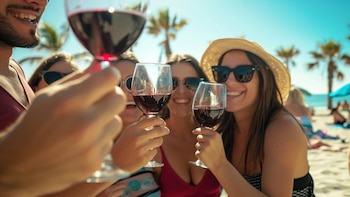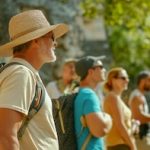






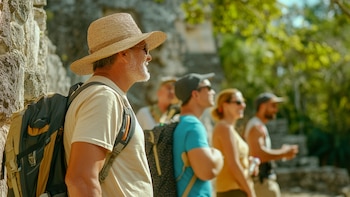
Traveling is a culturally and emotionally enriching experience, and can also have an impact on physical and mental health. Researchers from various institutions have found links between tourism and the reduction of some of the most common effects of aging.
One of the most revealing studies was carried out by Fangli HuPhD candidate at the Edith Cowan University (ECU)and published in ScienceDaily. This study, which is the first to apply the entropy theory to tourism, suggests that aging is an inevitable process, but that it can be slowed down with positive travel experiences.
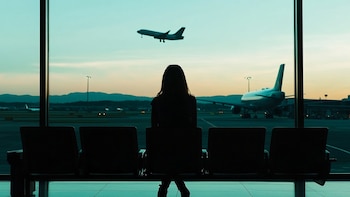
The entropy theory refers to the natural tendency of systems toward disorder and decomposition. Applied to the human body, this theory suggests that the body’s systems tend toward wear and tear over time, contributing to aging. Hu proposes that Tourism can influence this process in several ways. The study states that the human body, when exposed to travel experiences that involve physical activity, social interaction and new environments, can slow its progress towards disorder, remaining in a state of low entropy.
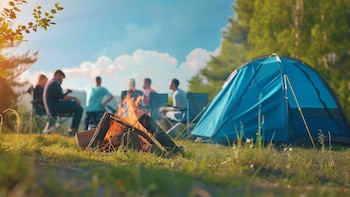
The study also suggests that the chronic stress It is one of the factors that most accelerates the increase in entropy in the body. Travel, which provides opportunities for relaxation and disconnection, can help relieve this stress and, in turn, slow the rate of aging. Recreational activities such as walking, climbing or cycling increase metabolism and energy expenditure, improving the functioning of the body’s immune and defense systems. Furthermore, contact with new environments, such as beaches, mountains or forests, contributes to a decrease in stress levels and promotes physical and mental well-being.
As for the immune responseHu’s study shows that exposure to new environments and travel situations can trigger an adaptive response in the immune system, causing the body to become more resilient to external threats. This translates into a general strengthening of the body’s self-defense mechanisms, which allows a greater capacity for tissue repair and regeneration, vital processes to combat the signs of aging.

This study highlights that the tourism experiences have a direct impact on four key systems of the human body: the metabolic systemhe immune systemhe self-organization system and the self defense system. When these systems are functioning optimally, the body can be maintained in a state of low entropy, which Hu says mitigates some of the effects of aging.
Hu concludes that travel should be seen as a innovative therapeutic intervention which can be used to improve both physical and mental health, and could have broader implications in fields such as wellness tourism or medical tourism.
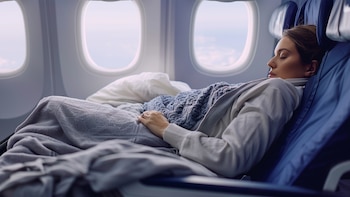
Another study mentioned in Newsweek highlights the role of tourism in reducing loneliness levels. The social interaction that occurs when meeting local people or sharing experiences with other travelers can improve mood, alleviate feelings of isolation and stimulate cognitive function. Travel, therefore, contributes to physical well-being, and also to emotional and mental well-being.

However, not everything is positive. The study of the Edith Cowan Universitylike other investigations, warns about the risks associated with tourism. Infectious diseases, accidents and food safety issues are just some of the challenges travelers may face. These negative events can counteract the benefits, increasing entropy in the body and therefore accelerating aging. A clear example was the public health crisis derived from the pandemic. COVID-19, which showed how tourism is not always a relief, and can also exacerbate health problems.
